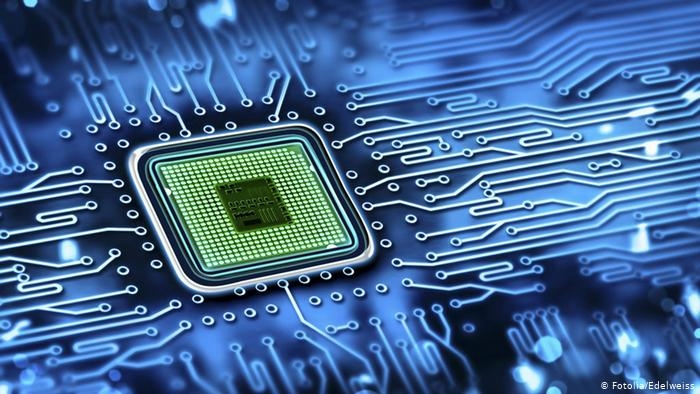New Delhi: The ongoing Russia-Ukraine war is set to worsen the supply of semiconductors, as both the countries are vital exporters of raw materials used in the manufacturing of various chipsets, industry players said Friday.
The worldwide chip shortage will exist well into the last part of 2022, and possibly even 2023, according to the latest US Commerce Department report on semiconductor supply chain.
“The global semiconductor chip shortage, which has only marginally been covered, may worsen due to the current Russian-Ukraine tension,” said Pallavi Singh, VP at Super Plastronics Pvt Ltd (SPPL).
Both Russia and Ukraine are vital exporters of raw materials used in the manufacturing of chipsets and semiconductors, like palladium, which is used in memory and sensor chips, and neon gas, which is used for etching circuit designs.
“This may also inversely affect the already-rocketing freight costs and cause delays worldwide,” she said in a statement.
Manufacturers have seen their stocks of semiconductors plunge amid the global chip shortage. A recent survey of more than 150 firms found supplies had fallen from an average of 40 days’ worth in 2019 to just five days in late 2021.
Millions of products — cars, washing machines, smartphones and more — rely on chips, also known as semiconductors.
Industry experts said that black swan events, such as the ongoing war, have the potential to cause more strain on supply chains, including potentially impacting chip capacity and spiking chip prices.
“Both Ukraine and Russia also play a pivotal role in the global semiconductor supply chain. Ukraine is a significantly important source and supplier of raw materials, including, for instance, semiconductor-grade neon used in semiconductor manufacturing,” Prabhu Ram, Head-Industry Intelligence Group, CMR, told IANS.
Similarly, Russia is a key source of palladium used in many memory and sensor chips. In fact, it accounts for 45 per cent of the global supply.
“While the semiconductor chip industry may not feel a direct heat from the war, the upstream raw material suppliers providing these gases, and enabling the chip companies, will face pressure,” Ram added.
Intel CEO Pat Gelsinger recently said that he doesn’t expect the semiconductor shortage to end until 2023.
“We’re in the worst of it now, every quarter, next year we’ll get incrementally better, but they’re not going to have supply-demand balance until 2023,” Gelsinger had said.
IANS
